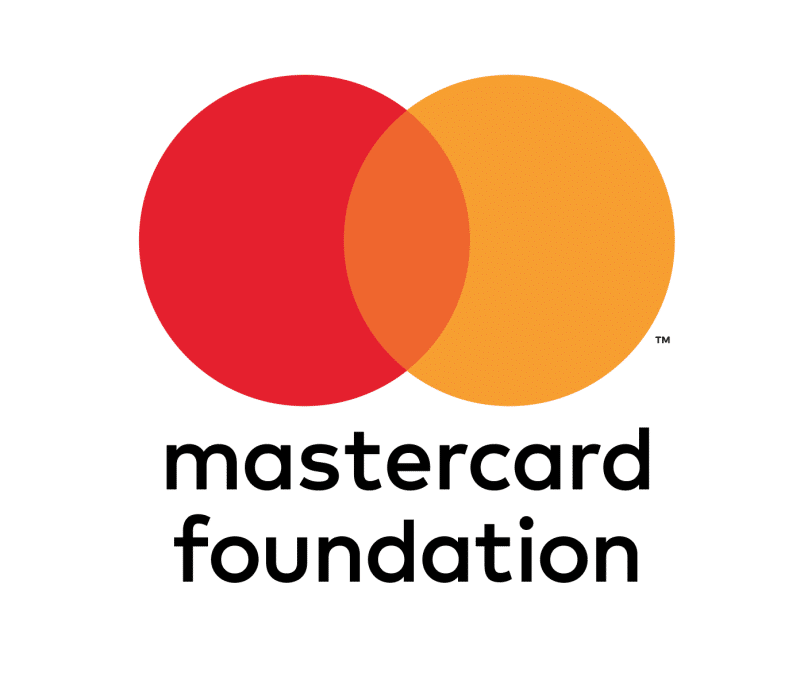“Financial inclusion is one of Africa’s great success stories of this decade. Mobile money solutions and agent banking now offer affordable, instant, and reliable transactions, savings, credit, and even insurance opportunities in rural villages and urban neighborhoods where no bank had ever established a branch,” noted IFC’s Chief Executive Officer Philippe Le Houerou and Mastercard Foundation President and Chief Executive Officer Reeta Roy in a joint foreword to the new report.
Financial inclusion in Sub-Saharan Africa has increased dramatically over the past decade, from 23 percent in 2011 to 43 percent in 2017, according to recently released data from the World Bank Findex survey. Sub-Saharan Africa is the only region where the share of adults with a mobile money account exceeds 10 percent.
“The Partnership for Financial Inclusion has been an important actor in helping to drive financial inclusion in Africa,” said Ruth Dueck-Mbeba, Senior Program Manager at the Mastercard Foundation. “We’re proud of the work that our partner, IFC, has led over the past six years. It has enabled millions of people to benefit from access to financial services. More than that, the knowledge that we’ve gained will lead to millions more people improving their lives and their communities by being able to join the formal financial services sector.”
There is an emerging body of evidence on the impact that digital financial inclusion can have on inclusive economic growth and development. A study in the report shows that smallholder cocoa farmers in Côte d’Ivoire who saved regularly were better able to feed their families than those who did not save, irrespective of the farmers’ annual income. The same study also revealed that many smallholder cocoa farmers felt ‘socially excluded’ by traditional banks but were generally accepting of agent banking and digital services.
Mamie Kalonda, Chief Executive Officer of FINCA in the Democratic Republic of Congo, one of the client institutions of the Partnership for Financial Inclusion, said, “In the DRC, I expect digital financial services will grow even faster in the next five years. Almost all banks are going mobile.” She added, “It is important to reach the rural areas, because that is where people are poor.”
In the DRC, the use of mobile money services had reached 16 percent in 2017, helping to push the overall financial inclusion rate from 3.7 percent to 26 percent in the same period.
Riadh Naouar, Head of IFC’s Financial Institutions Group Advisory in Sub-Saharan Africa, said, “Looking ahead, we can see some interesting trends for the future. While East Africa has long been the star performer in terms of the evolution of digital financial services, West Africa is the new growth market. Not only in terms of reach, but also for innovation.”
“There is a need in the broader industry across the continent to shift to the next generation of digital products,” he added. “A broader, more multi-faceted market is asking for more sophisticated and relevant products beyond person-to-person payments. There are evident opportunities to develop digital banking, savings and credit products, as well as the digitization of value chain financing and merchant payments.”
The report noted some of the challenges that will have to be addressed to continue progress in financial inclusion. For instance, to expand financial services to the last mile will require investments in merchant and agent networks, and innovation along agricultural value chains. As well, financial service providers will need to develop and launch products that meet an increasingly nuanced demand from an even broader variety of users, such as entrepreneurs, merchants, smallholder farmers, youth and women.


